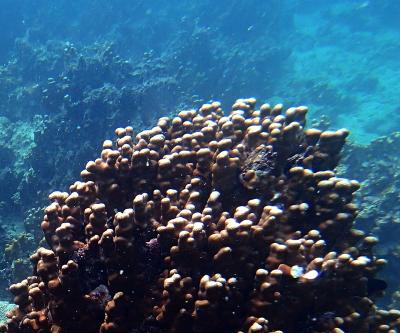Researchers focusing on a new way to discuss statistical mechanics have modeled "World War Z", an oral history of the first zombie war, to explore how an "actual" zombie outbreak might play out in the U.S.
The National Academy of Sciences is presenting its 2015 Public Welfare Medal to astrophysicist Dr.Neil deGrasse Tyson, Director of the Hayden Planetarium of the American Museum of Natural History, in recognition of his "extraordinary role in exciting the public about the wonders of science, from atoms to the Universe.”
It's been over 50 years since the first experimental use of adult stem cells - bone marrow transplants - began, and in that time over 1,000,000 hematopoietic stem cell (HSCT - cells isolated from the blood or bone marrow that can renew themselves and differentiate to a variety of specialized cells) transplantations (have been performed in 75 countries, but there are striking variations between countries and regions in the use of this lifesaving procedure and high unmet need due to a chronic shortage of resources and donors that is putting lives at risk.
Nature is all about booms and busts - it is common for species to grow too large to be sustainable. Humans were once that way too, but science has now made it possible for even the poorest people to be fat. We no longer have a feast or famine existence.
And the worst thing you can do to lose weight is go on a 'crash' diet, according to modern nutritional thinking - your body quickly goes into starvation mode. But that is in the short term, clearly if you were to go on a starvation diet for any extended period, you lose a lot of weight, it happens every season on "Survivor". Mitochondria, the little energy factories in our cells, are nimble about optimizing what they have and do not have.
Reefs are made up of many coral species that live in a mutually beneficial symbiotic relationship with microscopically small algae hosted in their tissue. These symbiont algae produce sugars that contribute to the diet of the coral in return for shelter and nutrients that are vital for algal growth.
A symbiotic association is vulnerable to changes in environmental conditions, like seawater temperature. Heat-stress induced loss of the algal partners from the coral host can result in the often fatal process known as 'coral bleaching'.
A new species of algae has been discovered in reef corals of the Persian (Arabian) Gulf where it helps corals to survive seawater temperatures of up to 36 degrees Celsius - temperatures that would kill corals elsewhere.
The recent slowdown in climate warming is due to natural oscillations in the climate, according to a team of climate scientists, who add that these oscillations represent variability internal to the climate system. They do not signal any slowdown in human-caused global warming.
The Atlantic Multidecadal Oscillation (AMO) describes how North Atlantic sea-surface temperatures tend to oscillate with a periodicity of about 50 to 70 years. The Pacific Decadal Oscillation (PDO) varies over a broader range of timescales. The researchers looked only at the portion of the PDO that was multidecadal -- what they term the Pacific multidecadal oscillation (PMO).
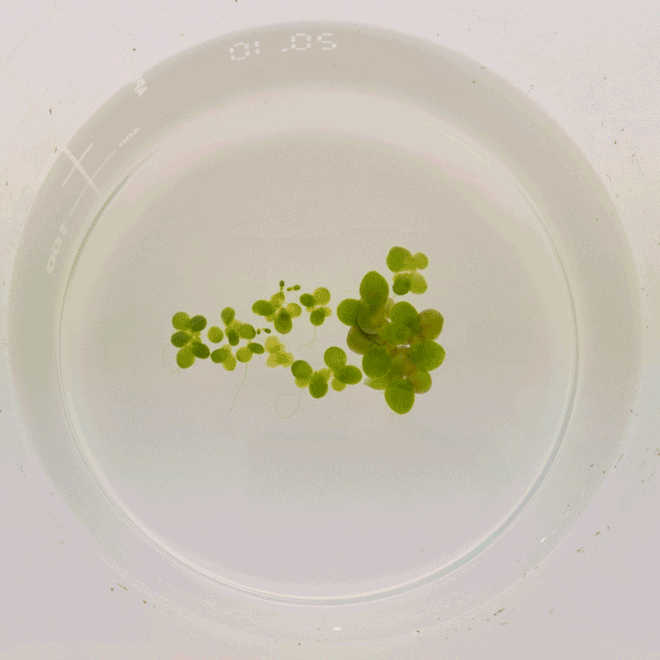 Duckweed Science May Lead To Food That Farms Itself
Duckweed Science May Lead To Food That Farms Itself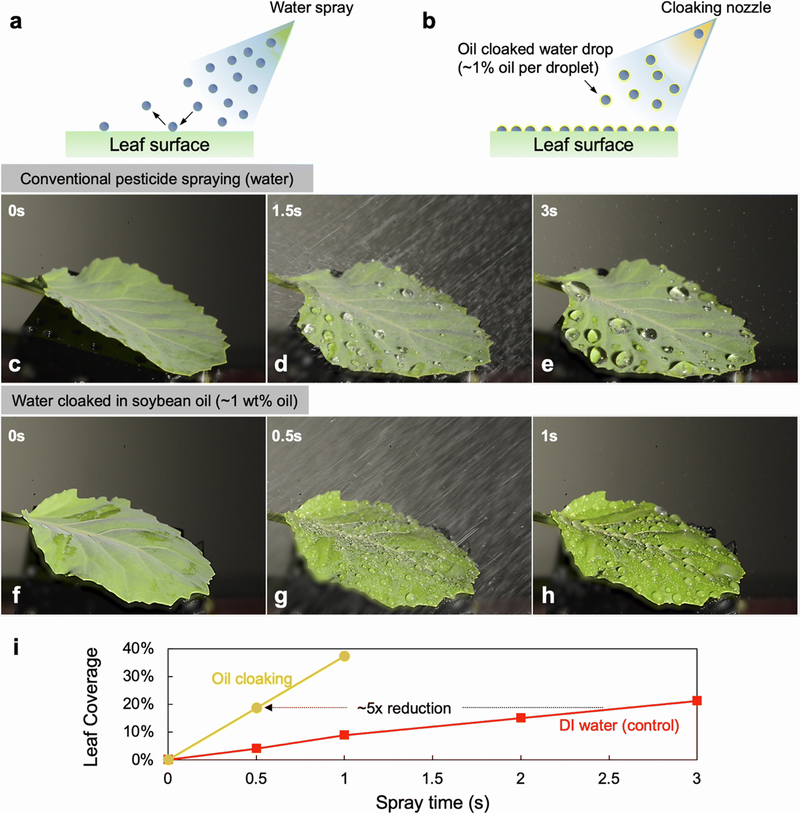 Sticky Pesticides Reduce Chemicals Needed To Protect Plants
Sticky Pesticides Reduce Chemicals Needed To Protect Plants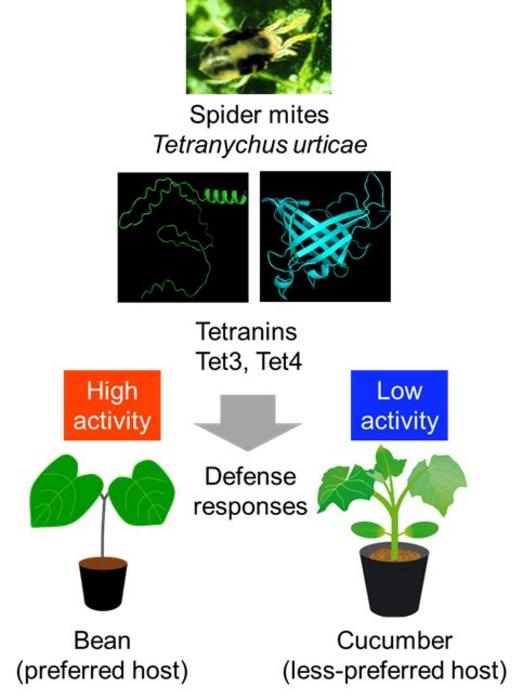 Genetic Engineering Could Solve Spider Mite Infestations With Fewer Pesticides
Genetic Engineering Could Solve Spider Mite Infestations With Fewer Pesticides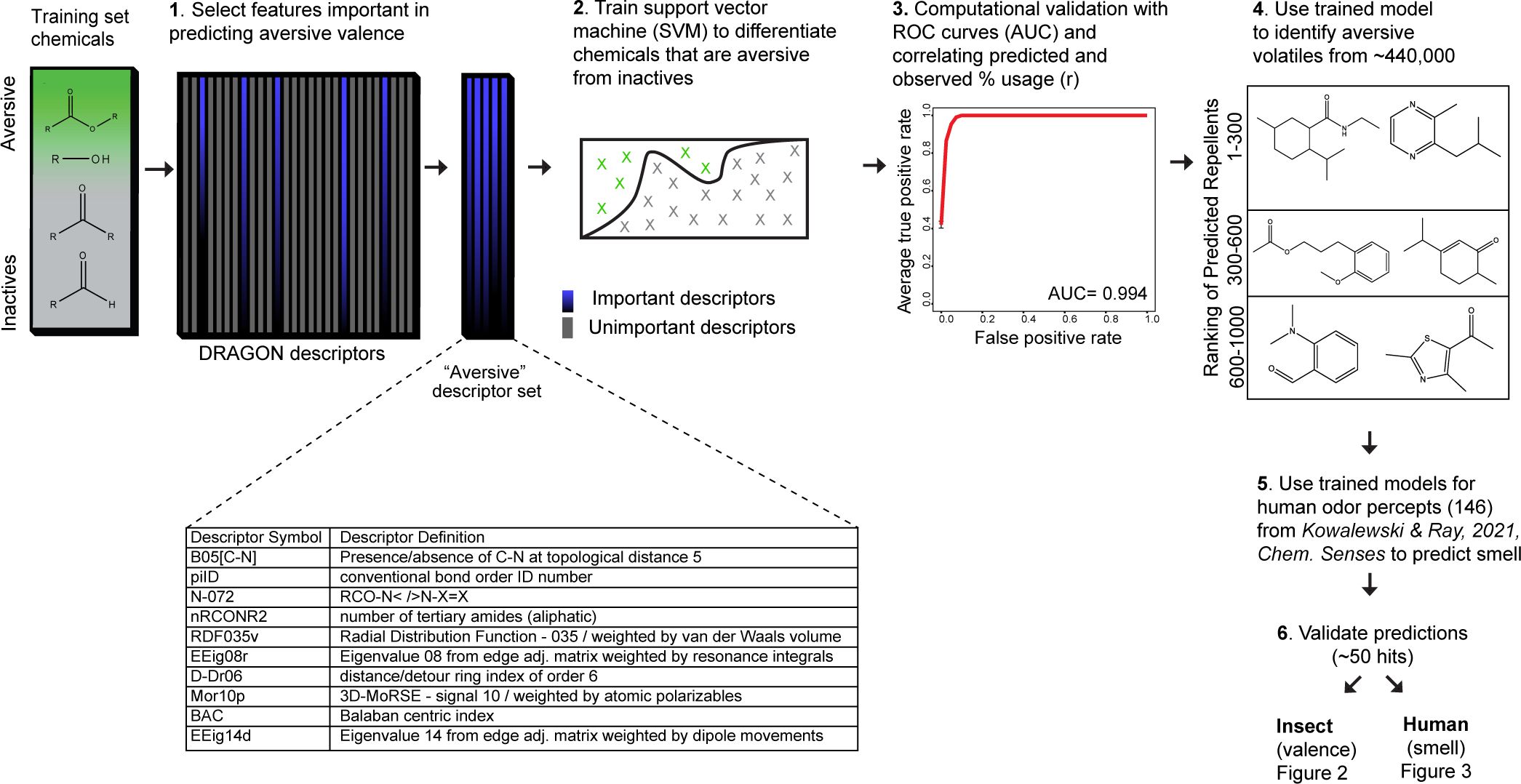 Cheminformatics: NIH Funds A More Scientific Mosquito Repellent
Cheminformatics: NIH Funds A More Scientific Mosquito Repellent






